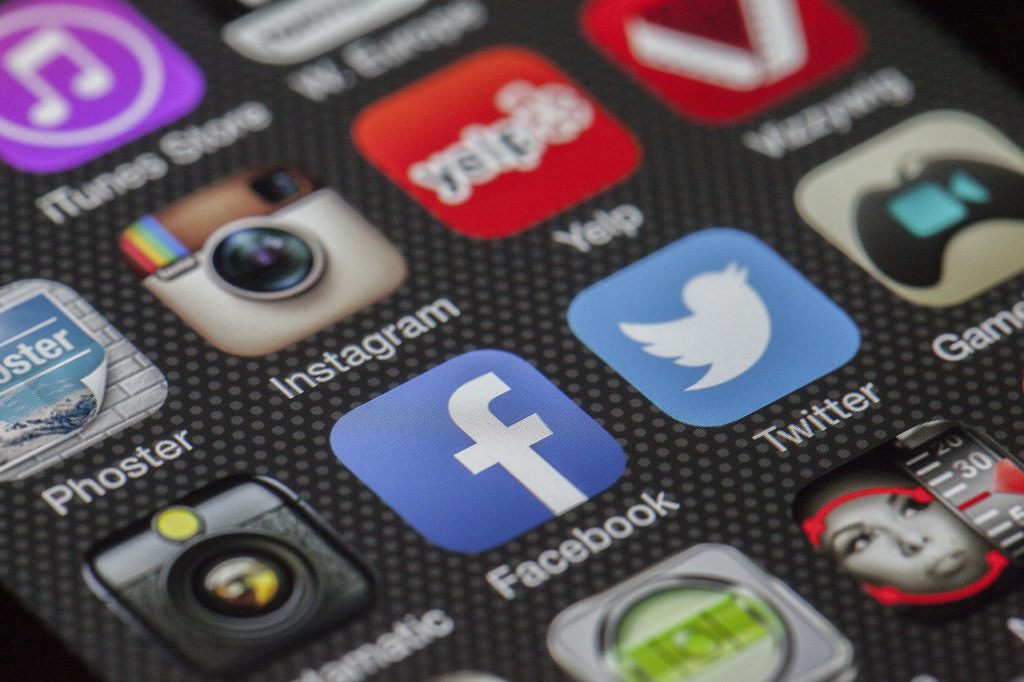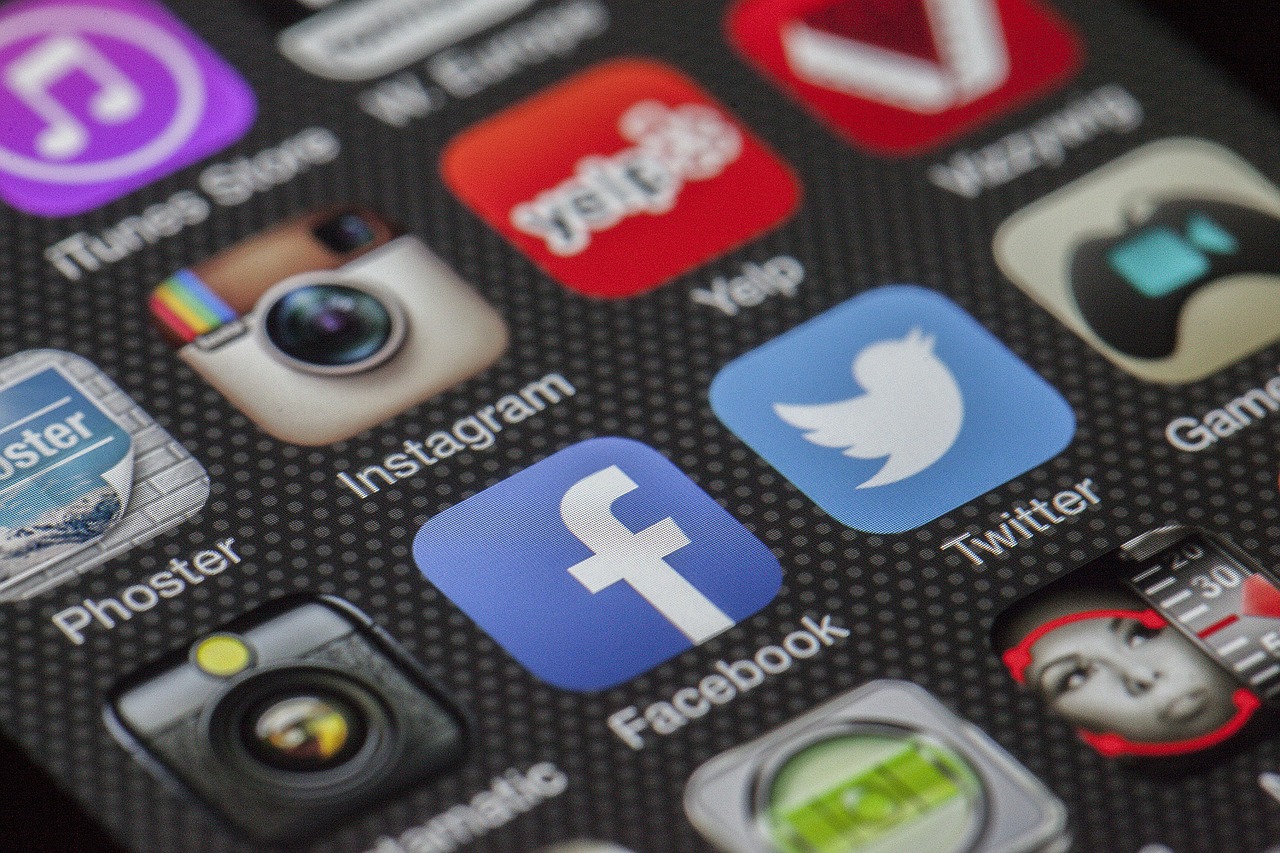 A new dress, or a well-cooked dish, or picturesque holiday or a new achievement – we tend to share minute details of our lives on social media, especially on Facebook.
A new dress, or a well-cooked dish, or picturesque holiday or a new achievement – we tend to share minute details of our lives on social media, especially on Facebook.
But, ever since the Facebook–Cambridge Analytica data scandal surfaced, we were taken into a shock.
We could never imagine that harmless postings of up to 87 million Facebook users are leading to collection of their personal information since 2014; and that the data was used to influence voters on behalf of politicians who paid them.
Even though Facebook “apologized” to its users, it’s high time that we ourselves get careful and not make indiscriminate posts.
Here are 10 things you should never share on social networking sites including Facebook:
1. Residential address
Never put your residential address on your profile, unless you are faking it. Else you will end up having unwanted people at your doorstep.
Your “actual” friends already know where you live, so don’t make your house security vulnerable by sharing your address with your virtual friends.
2. Contact number
You should never put your contact number on your Facebook profile. Once you do that, people, by default, can search for you using your mobile number.
That way you are actually “sharing” your number online and giving access to your personal information. Even uploading photos from your mobile can make your personal information vulnerable to hackers and spammers.
3. Location information
Unless you have changed your privacy settings, every time you upload a photo or post a status on social media including Facebook, you are inadvertently revealing your location. It’s a bad idea to do so if you don’t want to be tracked down. It can be a golden key for cyber criminals.
4. Medical information
You might feel sharing photos on social media from hospital bed, asking people to pray for your recovery or moral support before a surgery, but remember, this is way too dangerous than you can imagine.
If sensitive medical information are passed on to wrong hands, they can be misused to the extent of spreading rumours and people, whom you don’t want to know about your condition, might be made aware.
5. Details about your children
Today’s kids grow up on Facebook and Twitter hashtags and dozens of photos of theirs that their parents upload online. Given the ever-rising sex-crimes, make sure you are not giving out details about your kids to strangers.
Whenever you upload a photo of your child, make sure it doesn’t reveal details like the name of the school he/she goes (hint, school uniform).
6. Holiday plans/photos
Do you know you can holiday to your heart’s content without posting photos and videos in real time on Facebook!
Jokes apart, don’t let the world what are you doing and where you are. Financial website This is Money informs travellers have high chances of getting their house robbed when they gave away their holiday plans online.
The website also says: “Travellers who are burgled while on holiday risk having insurance claims rejected if they announced their plans on Facebook. People who post photos of their trip or mention the dates they will be away on social media could have their break-in claims thrown out.”
7. Boarding pass
That brings us to boarding passes. We are always rushing to show off every moment of our life on Facebook. Flying out, okay post a photo of the boarding pass. Well, that should be a strict “no-no”.
The barcode on your boarding pass is unique to you and contains a hell lot of information about you than you believe.
A blog post by KrebsOnSecurity alerts: “Two-dimensional barcodes and QR codes can hold a great deal of information, and the codes printed on airline boarding passes may allow someone to discover more about you, your future travel plans, and your frequent flyer account.”
8. Feelings about your boss
No matter how irritated you are about your boss, Facebook is not the right place to vent out. Almost all of us are on Facebook now, so are your boss and colleagues. You never know who is watching you and how your boss will react to your post or your colleagues manipulate it in their favour.
9. Passwords clues
Avoid making posts with details like name of your first pet or boyfriend/girlfriend or city where you grew up. The social media doesn’t need to know these details, which you might have used as passwords for various services.
Hackers are smarter than you think. They can easily collect all these pieces of information, put them together and crack your passwords.
You may like to read
Why India must rethink the global trade regime
———————————————————–
10. Too personal posts
Your virtual friends don’t need to know if you just broke up with your partner, or won a good fortune You have your offline and real friends to share good or bad news with and they will be more genuine with their reactions. |
On Facebook, take a minute to ponder whether the post going live is revealing too much personal information that can later be misused by many.
Big Wire













































